Recourse Loan
Understand recourse loans in Canadian real estate — what they are, how they work, and their impact on borrower liability.
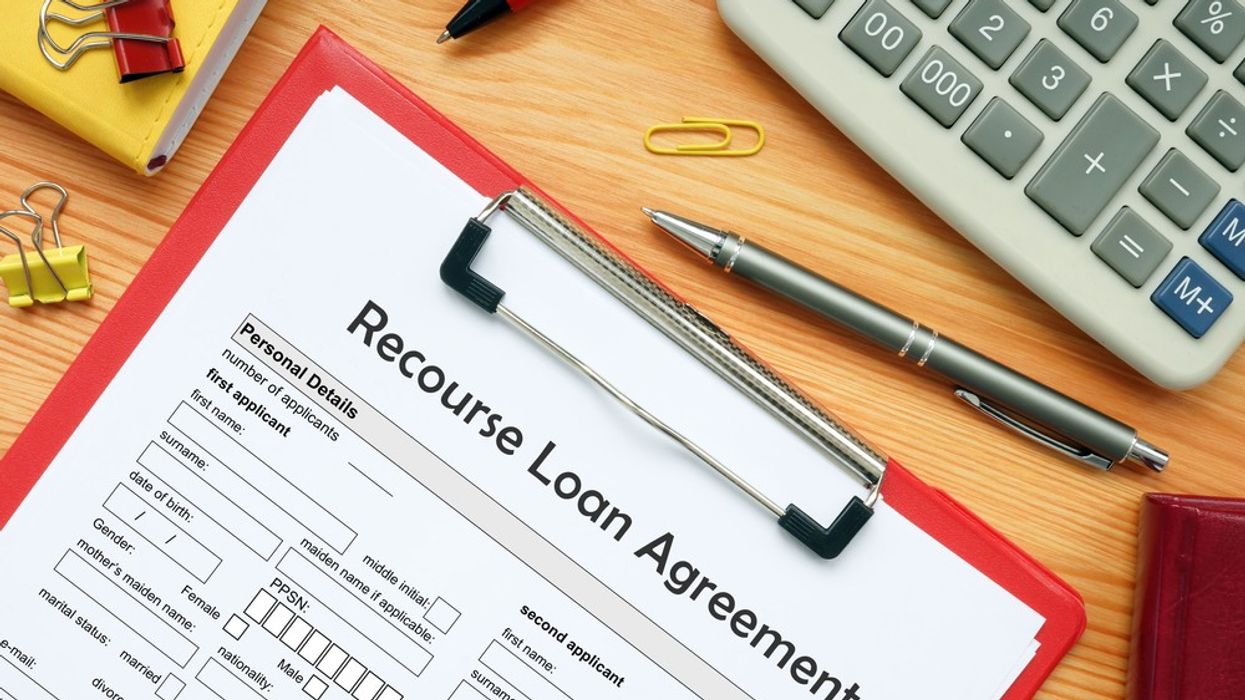
August 08, 2025
What is a Recourse Loan?
A recourse loan is a type of loan where the lender can pursue the borrower’s personal assets, beyond the collateral, in the event of default.
Why Recourse Loans Matter in Real Estate
In Canadian real estate financing, recourse loans increase lender security but expose borrowers to greater personal liability.
Key points:
- Lender can claim collateral property and other assets
- Common for residential mortgages and small commercial loans
- Typically has lower interest rates than non-recourse loans
Understanding recourse loans helps borrowers evaluate risk and negotiate terms.
Example of a Recourse Loan in Action
The homeowner’s mortgage was a recourse loan, meaning the lender could pursue other assets if the property was sold for less than the outstanding debt.
Key Takeaways
- Allows lender to pursue borrower’s assets beyond collateral
- Common for most residential mortgages
- Increases borrower’s personal liability
- May offer lower interest rates
- Important factor in borrower risk management


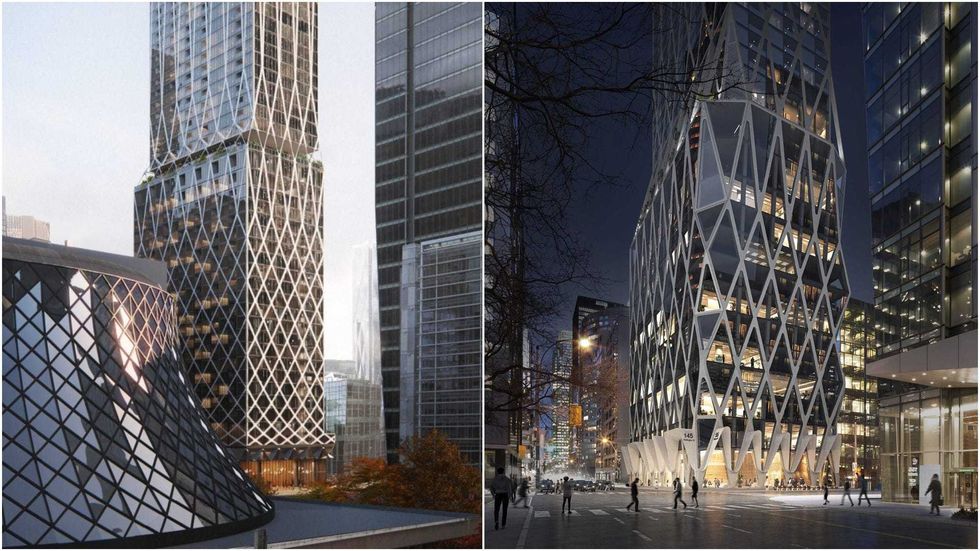 Renderings of the 65-storey tower previously proposed for 145 Wellington Street West. (Partisans with Turner Fleischer / SKYGRiD)
Renderings of the 65-storey tower previously proposed for 145 Wellington Street West. (Partisans with Turner Fleischer / SKYGRiD)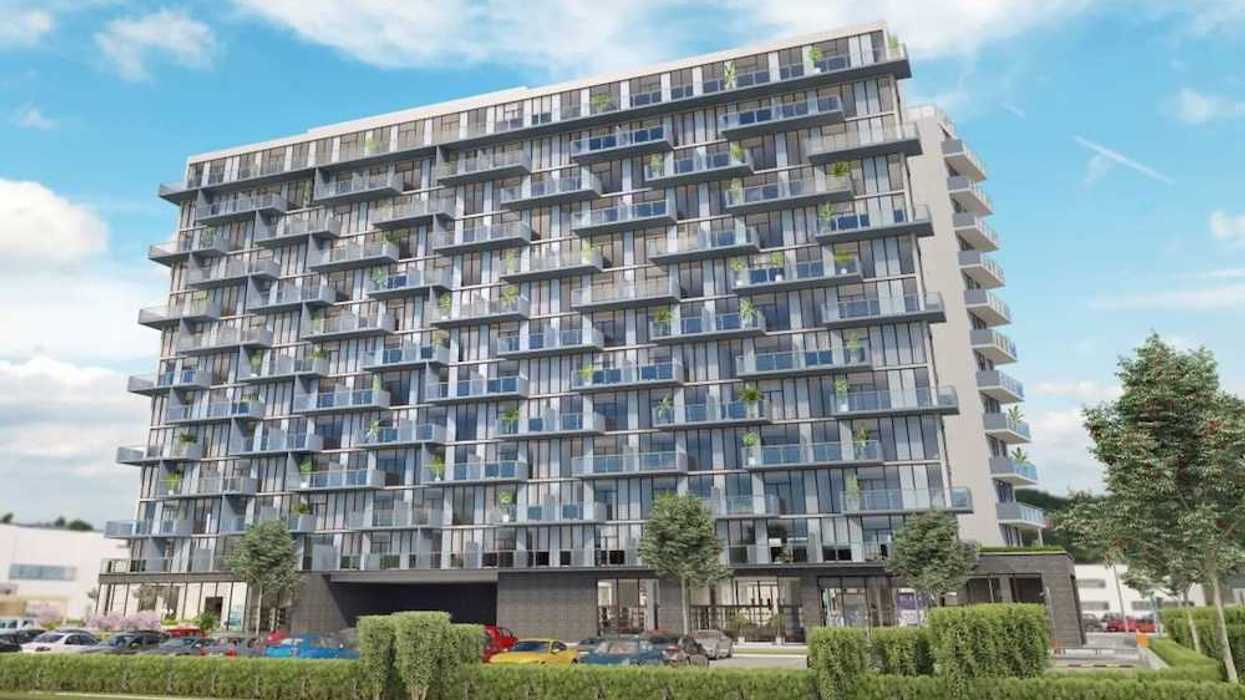
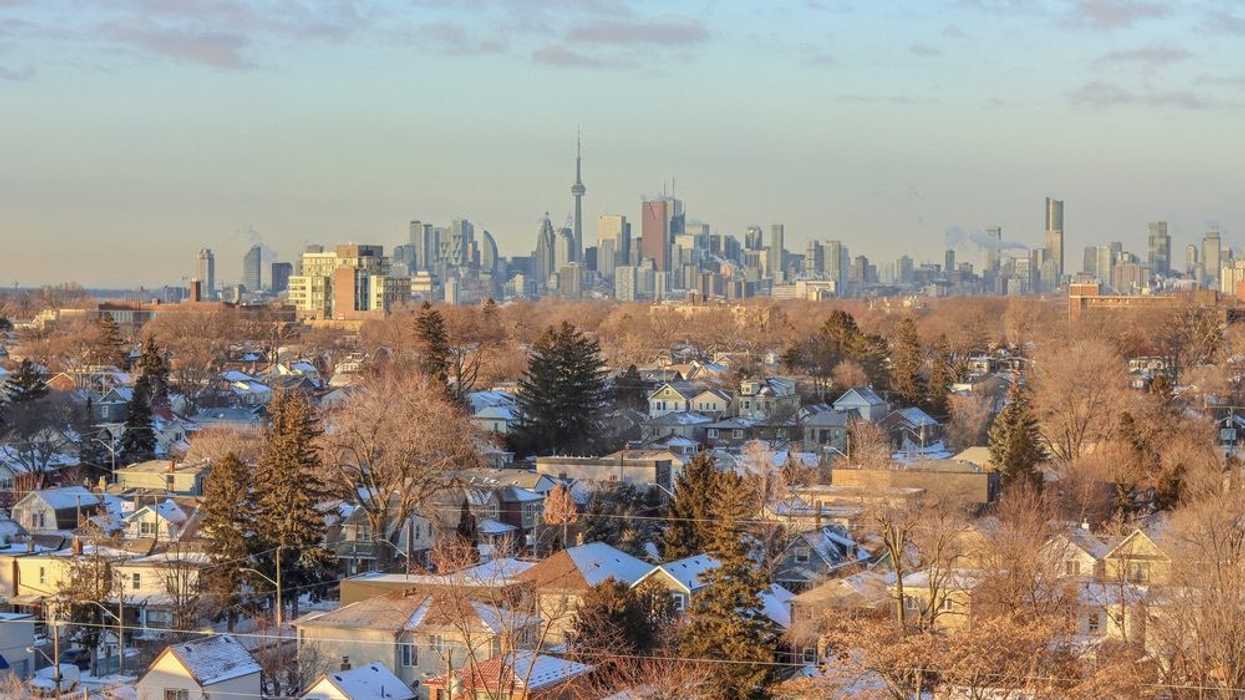

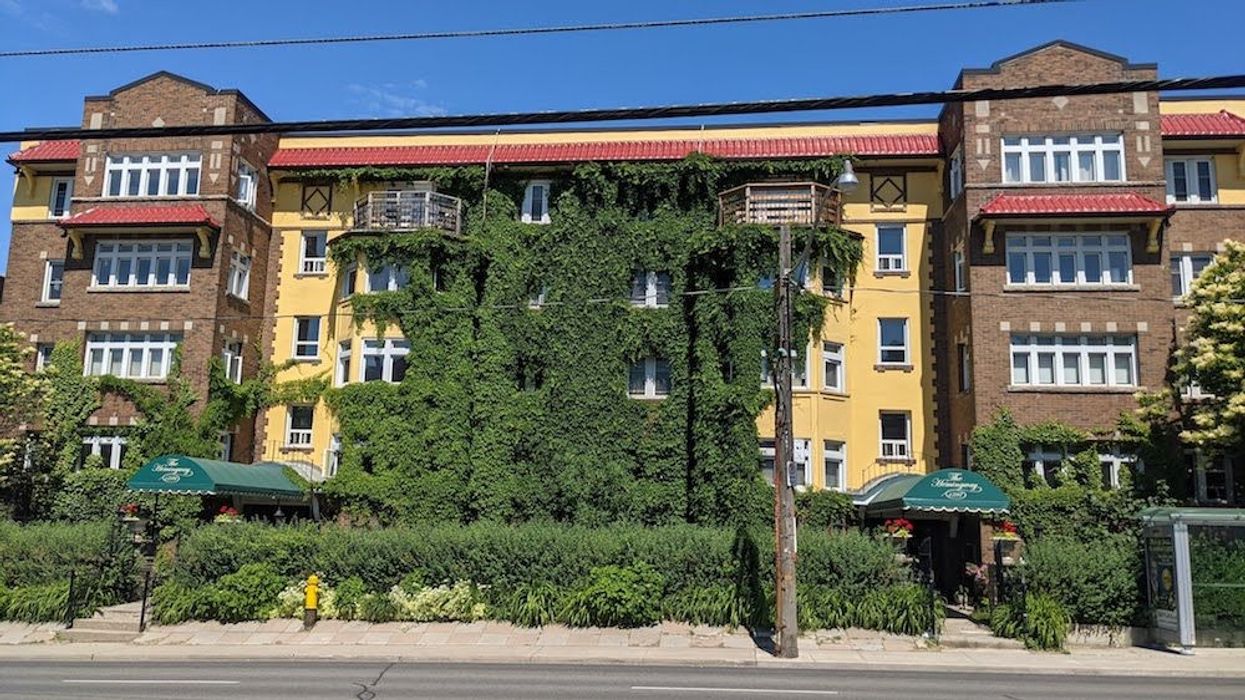



 205 Queen Street, Brampton/Hazelview
205 Queen Street, Brampton/Hazelview
 Christine Boyle and Gregor Robertson. (Government of British Columbia)
Christine Boyle and Gregor Robertson. (Government of British Columbia)

 CREA
CREA
 Liam Gill is a lawyer and tech entrepreneur who consults with Torontonians looking to convert under-densified properties. (More Neighbours Toronto)
Liam Gill is a lawyer and tech entrepreneur who consults with Torontonians looking to convert under-densified properties. (More Neighbours Toronto)